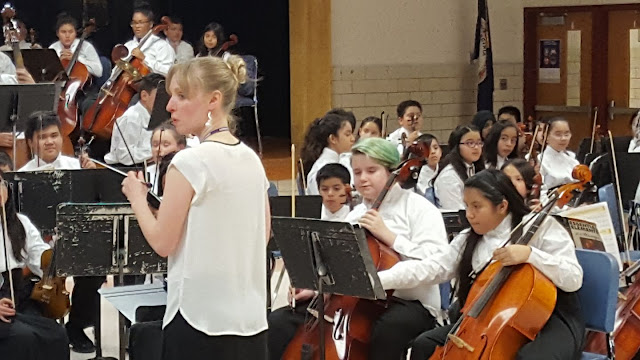Structured Literacy: The Teaching Approach to Reading that Science Recommends

A new spotlight from Education Week is now available and it is about the Science of Reading . A registration form is required to access the above spotlight. It has been several decades yet schools are still not tuned to what science suggests regarding how we should teach reading to young children. Schools often exert effort on encouraging children to read books that they find interesting. Parents are asked to read to their children. Unfortunately, there is no focus on the method science tells us is most effective. Even here in Fairfax county, the National Association for the Advancement of Colored People (NAACP) recently wrote to the school superintendent of the Fairfax County Public Schools (FCPS): "Literacy is a human right. Without it, we are condemned to a life of greater struggle and fewer opportunities. We have waited long enough, and we refuse to wait even one more day." The NAACP provided a litany that shows how FCPS has neglected black children for the past 14 ye...














